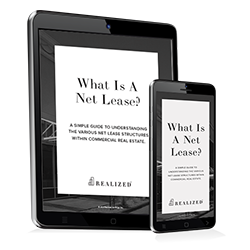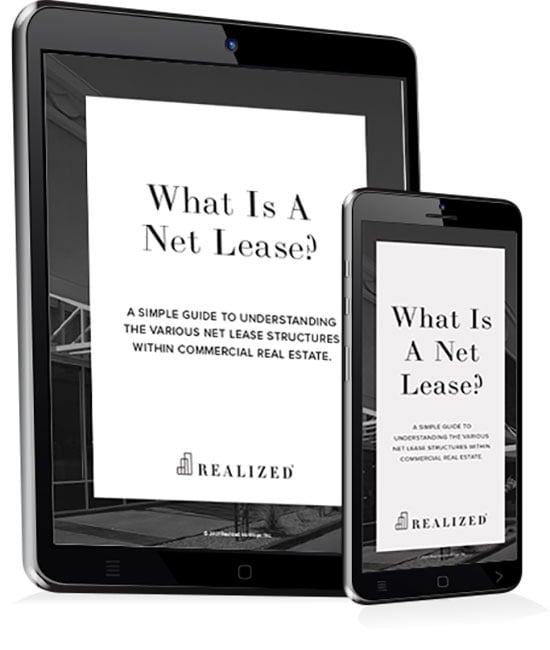
When entering into an NNN (triple net) lease, the lease agreement is a critical document that outlines various aspects of the arrangement. The structure itself transfers responsibility for property taxes, insurance premiums, and maintenance costs to the tenant, but these aren’t the only terms that exist in such an agreement. In this article, let’s examine the legal considerations beyond who pays for the three net operating expenses. Let’s take a closer look!
Rent Escalation
In long-term leases, inflation is one of the biggest risks. The amount you set today may not be enough to keep up with the rising costs of goods and services in the future, leaving you at a disadvantage. Rent escalation clauses give you the opportunity to regularly increase rent to keep up with inflation. This clause can come in variations, such as the following.
- Fixed annual increases
- Adjustments based on the Consumer Price Index (CPI)
- Market rent resets at specified intervals
Including this clause helps preserve the value of the rental income over the duration of the lease.
Payment of Non-operating Expenses
Since the NNN lease covers the net operating expenses, it makes sense that the non-operating expenses become the landlord’s responsibility. This isn’t always the case, especially if there are non-operating expenses that are necessary for the tenant’s operations. As such, the agreement must properly outline who pays for specific non-operating expenses.
One example of this is environmental remediation. This expense may be necessary due to the tenant’s operations. In this case, the expense should be shouldered by the occupant. Outlining this in the agreement helps landlords hold tenants accountable without any room for ambiguity.
Renewal or Extension Options
NNN leases are favored for their long-term contracts. Once the lease is over, most investors want to renew with the current tenant to reduce the chances of vacancies and issues with finding a new tenant. Some investors, however, want flexibility to renegotiate terms or bring in higher-paying tenants.
Whichever you fall into, you’ll need language that can help you accommodate your preferred eventuality. For example, you can negotiate for an initial 10-year lease with an option to extend for five years. Some leases can also add language that compels tenants to declare in advance their plans, which allows you to plan ahead of time and minimize renewal risks.
Assignment and Subletting
The ability to transfer or sublease can be critical for tenants, particularly in volatile industries. The practice allows them to rent part of the property to a third party. However, from the landlord’s perspective, uncontrolled assignments may result in an unqualified or undesirable tenant taking over the space. Clauses should spell out specifics, such as whether the tenant may assign or sublet without your approval or whether the original tenant remains liable after the assignment.
Default and Remedies
While rare, tenant defaults can cause major issues for the tenant. It’s important to have watertight clauses that minimize the effects of this possibility. Landlords can include remedies like eviction, re-letting, or pursuing damages. Of course, there should be language that provides tenants with opportunities to address financial issues. Otherwise, they may find the NNN terms too restrictive. Grace periods and cure rights can be included to help ease tension.
Wrapping Up: NNN Legal Considerations Before Signing an Agreement
The lease agreement must be ironclad to protect the interests of investors while remaining flexible enough to not deter prospective tenants. The best practice for landlords is to consult with real estate lawyers to help draft a contract that has the clauses we outlined above and any other language needed to ensure clarity, stability, and mutual success.
Sources:
https://www.investopedia.com/terms/s/sublease.asp



